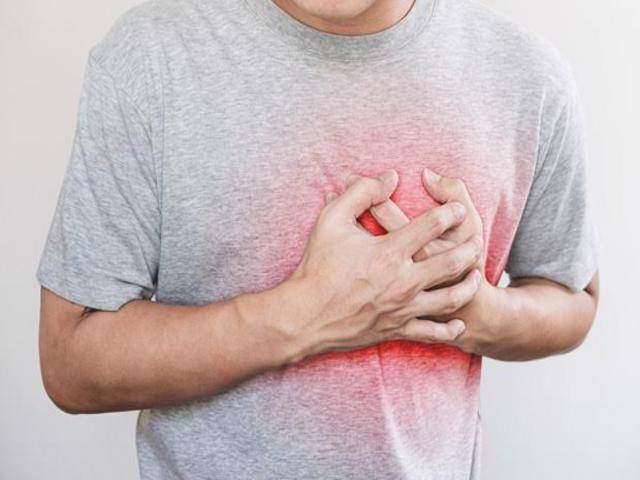
We may have come across these words on a daily basis. Every minute, at least one person has to leave this planet due to a heart attack or cardiac arrest. Sushma Swaraj, India's former foreign minister, just died of a major heart arrest, putting the entire country in mourning. This is the most recent illustration of the disease's severity and suddenness.
Surprisingly, people are often confused with a heart attack and cardiac arrest as the same disease. The funniest part is, a lot of media are using the terms heart attack and cardiac arrest interchangeably, mistaking it to be the same disease. But, the reality is both are different from each other and the symptom varies from each other. It’s really important to know the symptoms, differences as both required different treatment.
To understand the difference, we need to know what exactly happens in the body during both heart attack and cardiac arrest.
What is a heart attack?
A heart attack occurred when there is a blockage in the coronary arteries. ‘Coronary Arteries’ are the blood vessels that supply blood to the cardiac muscle. The heart is mostly made of muscle which requires oxygen-rich blood to function.
A blockage in the coronary arteries leads to a heart attack as the blood flow to the cardiac muscle is stopped. If the blocked coronary arteries are not opened quickly, the heart muscles may start dying.
What exactly happens in our body during the attack?
You may experience extreme chest pain along with tightness, pressure, aching and a squeezing feeling in the chest. You also have the chance of experiencing pain in the upper-left areas of the body including the left shoulder and left arm. The heart usually does not stop beating in case of a heart attack, unlike cardiac arrest.
What is cardiac arrest?
When the heart stops beating altogether, then it is known as cardiac arrest. It is hit by an electric malfunction in the heart, which further results in an irregular heartbeat. This is the primary difference between the two, as in the case of a heart attack, the heart still keeps beating even if the blood supply is blocked, but in case of cardiac arrest, the heart altogether stops beating.
What happens after a cardiac arrest?
This is the major reason for death as the heart altogether stops beating. It may result in unconsciousness, no breathing, and no pulse. Cardiac arrest may lead the patient to death if prompt treatment is not provided quickly. So, immediate treatment is necessary for the survival of patients in cardiac arrest.
What Kind of people is prone to Heart Attack?
-
Overweight or obese people
-
A family history of heart diseases
-
Diabetes
-
Lack of physical exercise
-
A sedentary lifestyle
What Kind of people is prone to Cardiac Arrest?
-
Usage of recreational drugs
-
Heart medications
-
Damage to the heart muscle
-
Heart rhythm abnormalities
Precautions-
As the disease is so sudden, you have to prepare yourself mentally and physically. To reduce the risk of cardiac arrest, it is crucial that you get routine checkups and heart screenings are done. In case of a cardiac arrest, it is extremely important to act as soon as possible as prompt action can actually save a life. Start doing CPR (Cardiopulmonary resuscitation) right away till the time emergency services do not arrive.
In the case of a heart attack, call an ambulance straight away and begin CPR if the patient has become unconscious. You may give the person an aspirin tablet (unless the doctor has prescribed otherwise).










